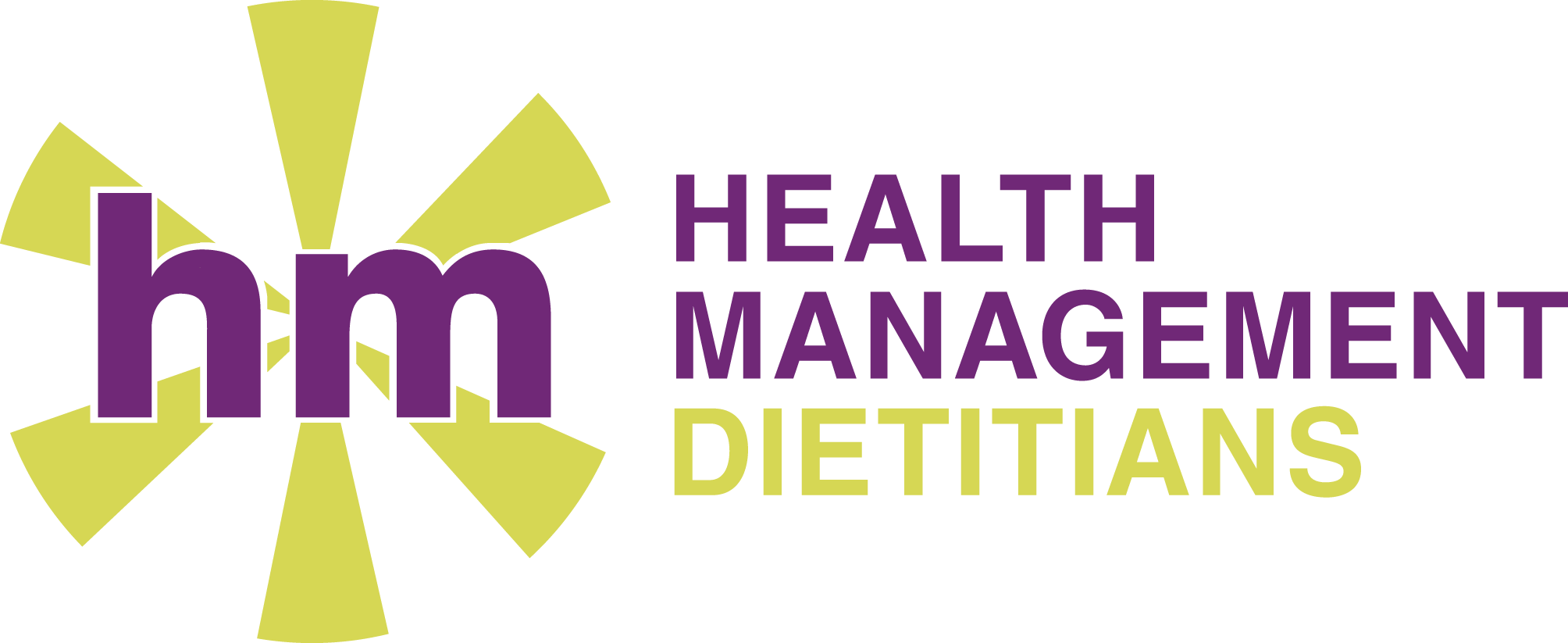Allergies and Intolerances
Here at Health Management Dietitians and Nutritionists we love to help people with gastrointestinal issues. Whether it be Coeliac Disease, irritable bowel syndrome (IBS), FODMAP malabsorption or food chemical sensitivity (amines, salicylates, glutamates) our aim is to get you feeling fabulous again!
If you are experiencing stomach discomfort, bloating, pain, gas, diarrhoea, constipation, migranes, reflux, nausea, itchy skin or sinus issues you may have food intolerance for which dietitians are experienced to work with.
Your dietitian will guide you through the steps to help determine the best path for you to follow, and assist you in feeling better by working out which foods are causing your symptoms. You may have already tried eliminating foods from your diet without complete success. Cutting out major food groups is often unnecessary and may lead to nutritional inadequacies. A dietitian can make this process much less stressful and provide you with a better end result, including clear direction and alternatives to many foods.
All Health Management Dietitians are experienced in working with the Low FODMAP diet for IBS and the RPAH Elimination Diet for food chemical intolerance.
Irritable bowel syndrome (IBS) and FODMAPS
Irritable Bowel Syndrome (IBS) is a functional bowel disorder, characterised by altered bowel habits coupled with abdominal pain. While approximately 11% of the population is deemed to have IBS, only one third of these cases are clinically diagnosed. Individuals with Irritable Bowel Syndrome (IBS) may be required to follow a Low FODMAP diet or food chemical elimination diet (RPAH) to manage their gut symptoms under direction and guidance from a Health Management Dietitian. The word FODMAP is a collective term which stands for ‘Fermentable Oligosaccharides, Disaccharides, Monosaccharides and Polyols’, which are all just big, fancy names used to classify indigestible or slowly absorbed, short chain carbohydrates.
When people who have been diagnosed with IBS consume FODMAP containing foods, they can experience sensations of pain and discomfort due to disturbances in gut motility or heightened sensitivity in the gut. These carbohydrates are not well tolerated as they are poorly absorbed or not absorbed at all in the small intestine. Instead, they remain undigested and move to the large intestine where they ferment. This fermentation process draws water into the intestine and generates gas causing expansion of the intestine. This stretching stimulates the nerves which wrap around the intestine, signalling pain and discomfort. These symptoms are accompanied by alterations in bowel motions such as constipation and/or diarrhoea.
The Low FODMAP diet is not a life-long diet. It is a three-phased approach consisting of an ‘elimination’, ‘reintroduction’ and ‘personalisation’ phase. Seeking help from a Health Management Accredited Practising Dietitian and Nutritionist will ensure that you are guided through each of the stages, whilst maintaining nutritional adequacy in the background. Health Management Dietitians are equipped with the tools and knowledge to help you navigate the intricacies of the diet, to achieve symptom reduction and get you back to enjoying the foods you love to eat.
Coeliac Disease
Coeliac disease is an auto-immune condition which results in the inability to consume gluten and affects approximately 1 in 70 Australians, only 20% of which are formally diagnosed. In order to be diagnosed with coeliac disease, you must be genetically predisposed, meaning that you carry either one or both of the genes responsible for this condition (i.e. HLA DQ2 and/or HLA DQ8) and have a confirmed biopsy of the small intestine as well as positive serology.
Coeliac disease is characterised by an abnormal reaction to a protein called ‘gluten’, found in wheat, barley, rye, triticale and oats. This reaction can cause damage to the small bowel by flattening the finger like projections which line it, called the villi. Flattening of the villi significantly reduces the surface area in which nutrients can be absorbed, driving many unfavourable symptoms such as diarrhoea, constipation, nausea, fatigue or skin rashes. In the long term this can lead to poor nutrition and specific nutrient deficiencies. Strict, life-long avoidance of gluten-containing foods is the only solution in the management of coeliac disease.
If you or someone you know has recently been diagnosed with coeliac disease, it is extremely important to seek help from a Health Management Accredited Practising Dietitian and Nutritionist. Close monitoring and ongoing support provided by our dietitians will ensure that gluten avoidance is done properly with no cross-contamination, in order to achieve symptom relief and support overall nutrition.
Diarrhoea and Constipation
Diarrhoea and constipation are characterised by either an increase or decrease in the urgency and consistency of bowel movements. Both are common features of Irritable Bowel Syndrome (IBS) although they are also commonly associated with people who have specific allergies, metabolic and hormonal disorders, autoimmune diseases (i.e. coeliac disease) or take certain medications/drugs.
If you struggle to empty your bowels or you empty them very infrequently, you may be among the 1 in 7 people who commonly experience constipation. This often results in dry, hard and small pellet-like shaped stools. Generally, constipation is undermined by a lack of dietary fibre, insufficient water intake and inactivity.
Loose or watery stools without predominant abdominal pain or bloating is typically featured in diarrhoea. The increased transit of intestinal contents through the small intestine leads to decreased digestion and absorption of essential nutrients. As with constipation, manipulation of dietary fibre types helps to normalise these bowel movements and optimise the absorption of nutrients, so that you can get the most out of the food you eat and prevent any long-term nutrient deficiencies.
While treatment of constipation or diarrhoea will depend on the root cause of the issue, it is not always easy to know where to start. Tailored dietary advice from our Health Management Accredited Practising Dietitians and Nutritionist’s can help you with this. Our dietitian’s can help guide you through your way to symptom reduction.
Find out more today...


